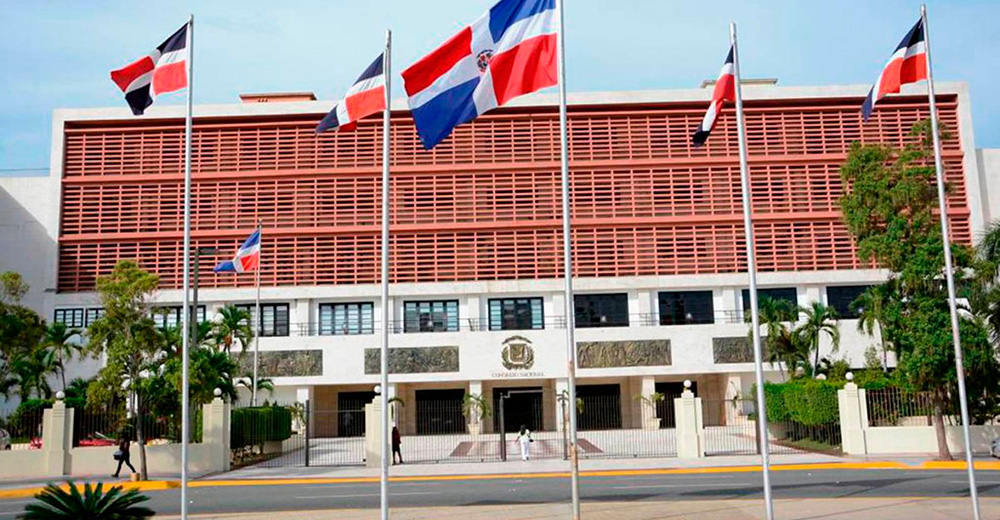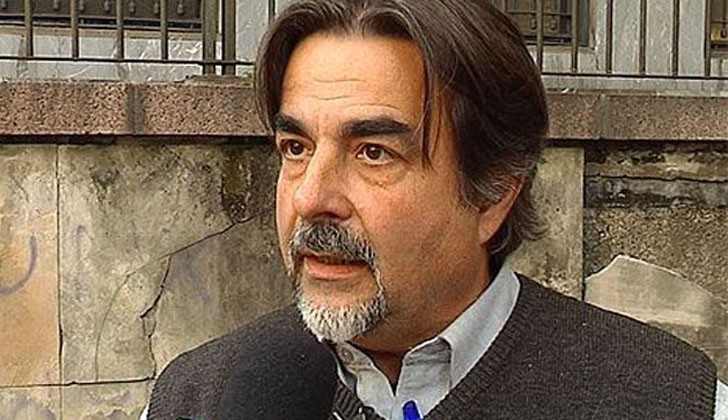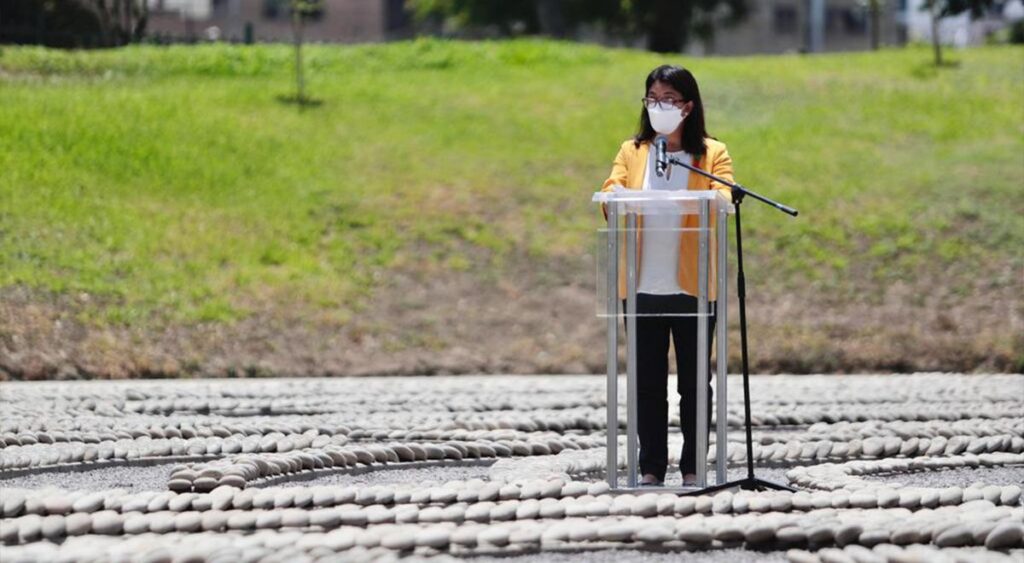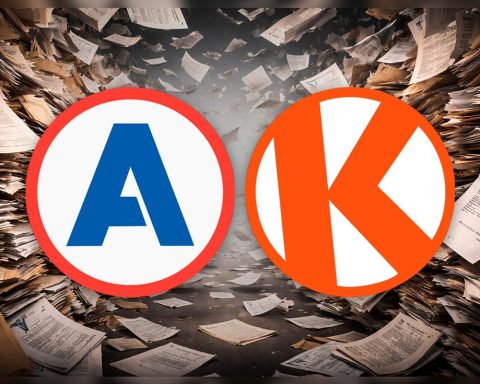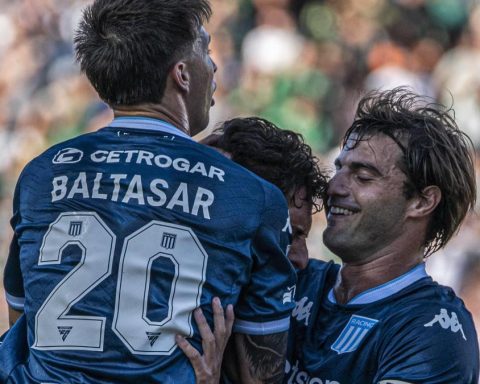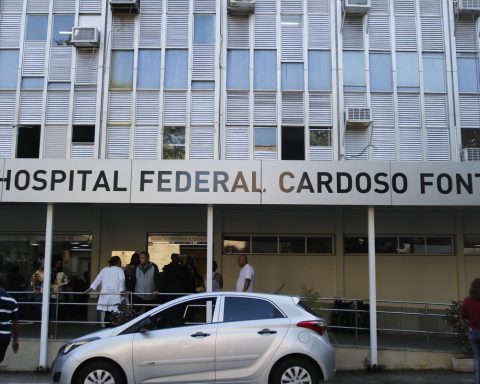The legal consultant of the Executive Power, Antoliano Peralta, understands that creating and approving complementary laws is a mandate of the Constitution and which must be fulfilled.
The official’s comment is within the framework that the National Congress has the responsibility to approve the complementary laws that the Constitution of the Republic orders as normative channels to make it more efficient, however, this has not been achieved 12 years after the reform from 2010.
Speaking to elCaribe, Peralta pondered that the Constitutional Court has made certain decisions in this regard and highlighted the political will of the Executive Branch in order to comply with this constitutional vacuum. “President Luis Abinader, since he took office, has been behind that purpose and that is what he has worked for,” said the State server.
Meanwhile, the vice president of the Senate, Santiago Zorrilla, argued that it is necessary to work on the complementary laws in commissions and then approve them in the corresponding sessions. “That is what we have to do as senators, something that has not been converted into a Law, work on it, adapt it and bring it to be approved and turn it into a Law,” added the Perremeist legislator.
While deputy Elpidio Báez understands that if the State Reform Commission is retaken, the task of drafting laws to adapt the legal framework mandated by the Constitution can help fulfill that purpose. “This commission must bring together the most qualified jurists in the country and generate the necessary dialogues and debates to agree on the projects,” said the PLD congressman.
12 years of waiting
The delay of the first power of the State to comply with these constitutional mandates has generated reactions in different sectors, the most important being that of the Constitutional Court (TC) last Tuesday, in the solemn hearing of accountability for the tenth anniversary.
The president of the TC, magistrate Milton Ray Guevara, lamented that despite constant demands from political and civic leaders, public opinion and the media, it has not yet been possible to achieve the approval of these important laws.
On repeated occasions, the entity has demanded that Congress create and convert into Law the reservations that are maintained as a figure in the Magna Carta, but that lack legal regulations.
The claims of the body is for legislation to be sanctioned, such as the regime for the acquisition and transfer of real estate in the border area, which will be subject to specific legal requirements that privilege the property of Dominicans and the national interest ( article 10, numeral 2: border regime); and the new law on freedom of expression and information (article 49, numerals 1, 2, 3, 4 and 5).
The Constitutional Court has also demanded that the law on stimuli and incentives be endorsed for the promotion of sport for all, the comprehensive care of athletes, support for high competition sport, sports programs and activities in the country and in abroad (article 65, numeral 2); the law on the granting of pardon by the President of the Republic in his capacity as Head of State, on February 27, August 16 and December 23 of each year (article 128, numeral 1, literal j); and the organic law of territorial determination (article 195).
There are more than 10 projects that must be approved
The Constitutional Court has also required the approval of the law relating to the region, its powers, composition, organization, operation and number (article 196) ); and law on direct mechanisms of local participation (referendum, plebiscite and municipal normative initiatives) (article 203). Similarly, the law on national referendums to determine everything related to its celebration and conditions for its realization (article 210); law on political parties (article 216); and law on state intelligence systems (article 261). The executive vice president of the Institutional and Justice Foundation (Finjus), Servio Tulio Castaños Guzmán, told this medium some time ago that Dominicans need to be aware of the tools that the Substantive Charter gives them and stop being inhabitants to become citizens. . “Many times what is needed is citizenship, I think that is what is lacking in the Dominican Republic. Because many times we leave everything to the politicians and I think it is important that citizens participate and fight for all of that”, argued Castaños Guzmán. The constitutional reform of January 26, 2010 turned 12 years old yesterday.
